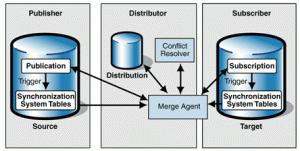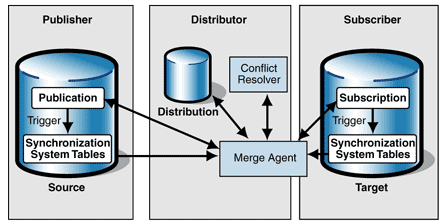Information Technology & Job Security
Technology offers a wide variety of technical and business-related career options for almost anyone interested in the industry. Job security in this field is a subject often discussed by statistical professionals, scholars and around the water cooler at work. The Bureau of Labor Statistics reported a small decline in information technology jobs in 2002, partly due to a downturn of Internet business ventures. In 2003, employment began to increase and the industry bounced back growing 8 percent through 2007. Job security in technology will continue, but with a few considerations for technology professionals.
Demand for Technology
- After President Barack Obama was elected in 2008 he could not live without his Blackberry, although the use of electronic communications are restricted in the White House for security reasons. Careful consideration by the Secret Service led to him receiving an approved smart phone–encrypted and highly secured. Like our current president, almost everyone relies on technology for their personal and professional lives–so much so that many businesses and individuals would not be able to manage their daily activities without it.
Education
- In the late 1960s, computer programming was introduced into college coursework, and in the mid-to-late 1980s, elementary school children were learning how to use computers. Today, technology is an essential part of a child’s education as well as classroom instruction. Technology is being used to teach and learn as early as preschool. Learning the basics of technology starting at a young age can lead to interest in pursuing a technology career. Understanding the core concepts of technology by pursuing a degree in a discipline, such as computer science, management information systems or engineering, will increase employment opportunities.
Size
- Technology can offer a wide variety of career choices. CNNMoney.com lists 17 technology careers as part of its 2009 Best Jobs in America list, with the occupation of systems engineer ranking first based on salary, quality of life and job growth. The Bureau of Labor Statistics reported 3.84 million information technology workers in 2007 and expects 24 percent growth through 2016. As this field continues to grow, the needs for technology experts as well as technology-savvy business professionals also will continue to grow.
Emerging Careers
- Continuing technological advances have decreased the need to develop applications from conception to completion, and increased the need to integrate, customize and expand current applications. The demand for more user-friendly, consumer appealing applications also has increased. This has opened job opportunities in new careers in technology. User experience designers combine technical, marketing and statistical skills to create appealing applications for consumers in social media, gaming and other industires. Technology security also continues to be a growing concern, and technology careers related to ensuring the integrity of data on technology systems also will continue to emerge and increase.
Considerations
- Job security is expected for technology professionals, but high-paying, high-demand careers also have minor disadvantages. Because technology continues to advance, professionals are expected to continue to learn new skills, as well as understand trends in technology to assist employers in staying competitive in today’s economy. The need for these professionals will continue to grow, but job opportunities are more likely for those who have combined business and technical skills, as well as knowledge of emerging technologies.











